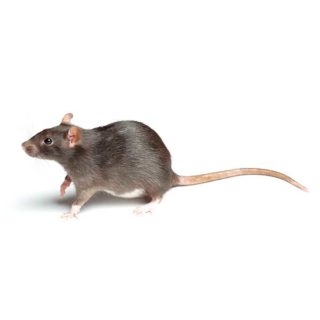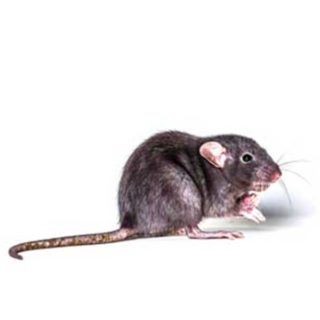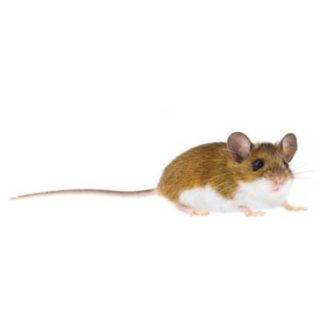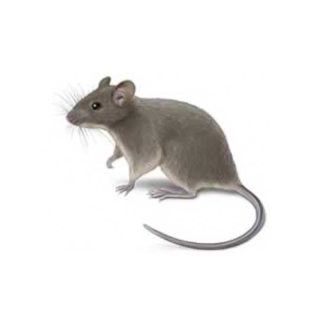Pack Rats in Kailua Kona
Pack rats, known for their solitary and nocturnal nature, are found throughout most of North America, particularly in the deserts and highlands of the western United States. They are often attracted to shiny items they find interesting. When encountering objects like bullet casings, coins, soda can tabs, or jewelry, pack rats carry them until a more interesting item comes along, leaving the old object behind and departing with their new treasure. This behavior has led to their nicknames, the “woodrat” and “trade rat.” They prefer to eat and live outdoors but occasionally nest indoors and will eat any available food inside.
Pack Rat Habitat
Pack rats are commonly found in pinyon-juniper woodlands, chaparral, and desert scrub plant environments. Their big, bulky nests are often exposed and made from sticks, cacti, and various organic debris. They have also been known to nest in homes and buildings that are under construction. With their impressive climbing skills, they can access attics, spaces between walls, and rock overhangs. Once indoors, pack rats display similar gnawing and destructive behaviors as other common rodents like rats and mice. Finding large stick nests beneath porches, in woodsheds, or in attics may mean there is a pack rat nearby.
Pack Rat Behaviors, Threats, or Dangers
A pack rat’s diet consists mainly of green vegetation, twigs, seeds, fruits, acorns, and cacti. While they are generally considered a minor pest in the United States, they are known to enter homes and destroy items by shredding mattresses or upholstered furniture to use in their nests. While the rates of disease transmission are low, pack rats pose a threat to humans as carriers or multiple diseases and parasites. Due to the risks, dead or dying rates should not be handled with bare hands. If you are having an issue with pack rats, it is best to consult a professional rodent control company.
Need help with Pack Rat control?
Leave your information below and we’ll be in touch with a FREE quote!
"*" indicates required fields
*During normal business hours. After hours calls will be returned the next business day.





